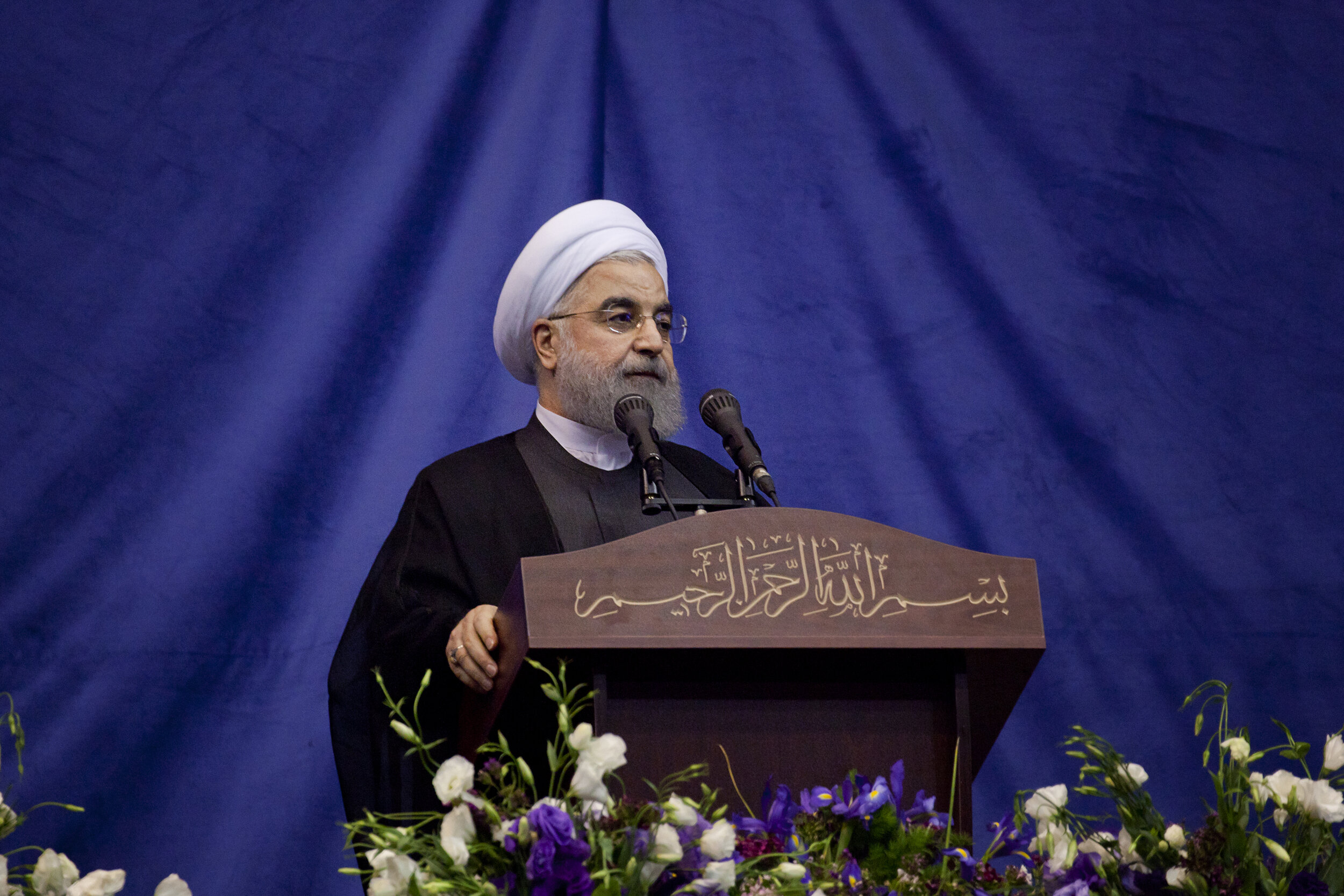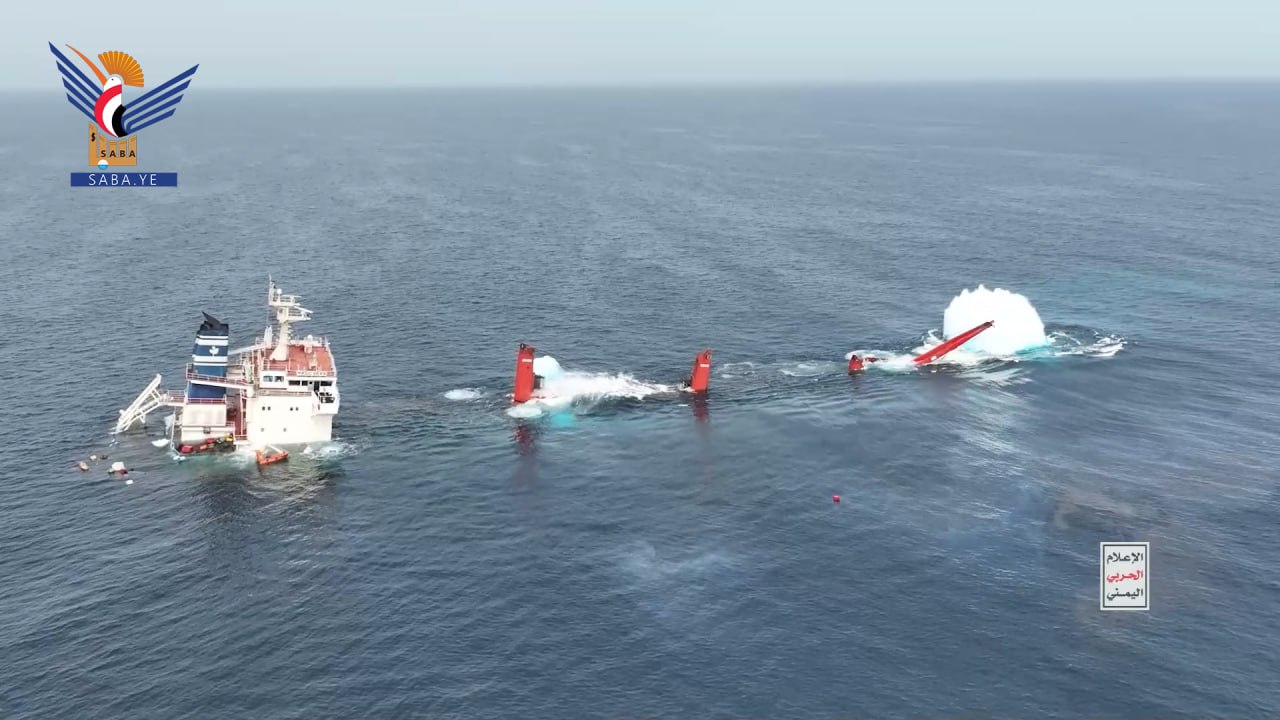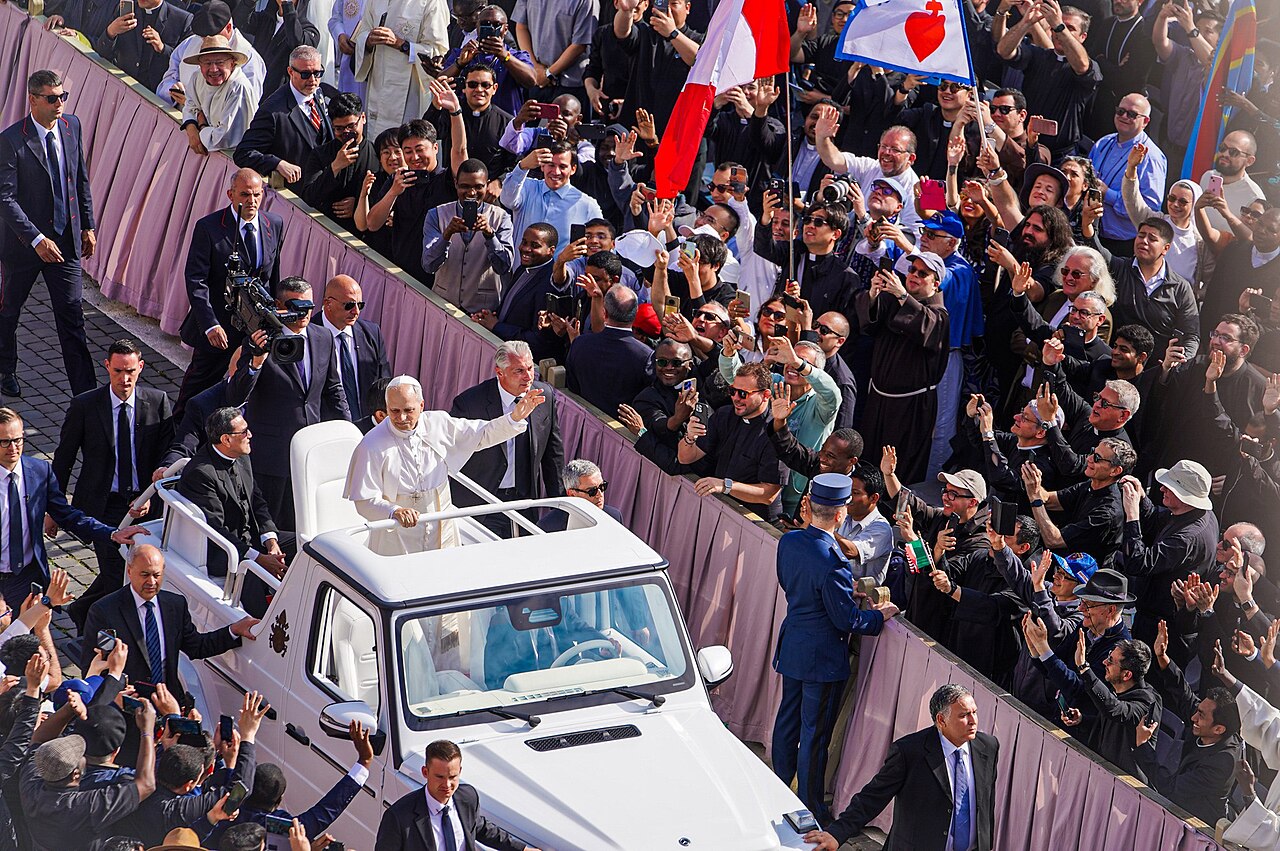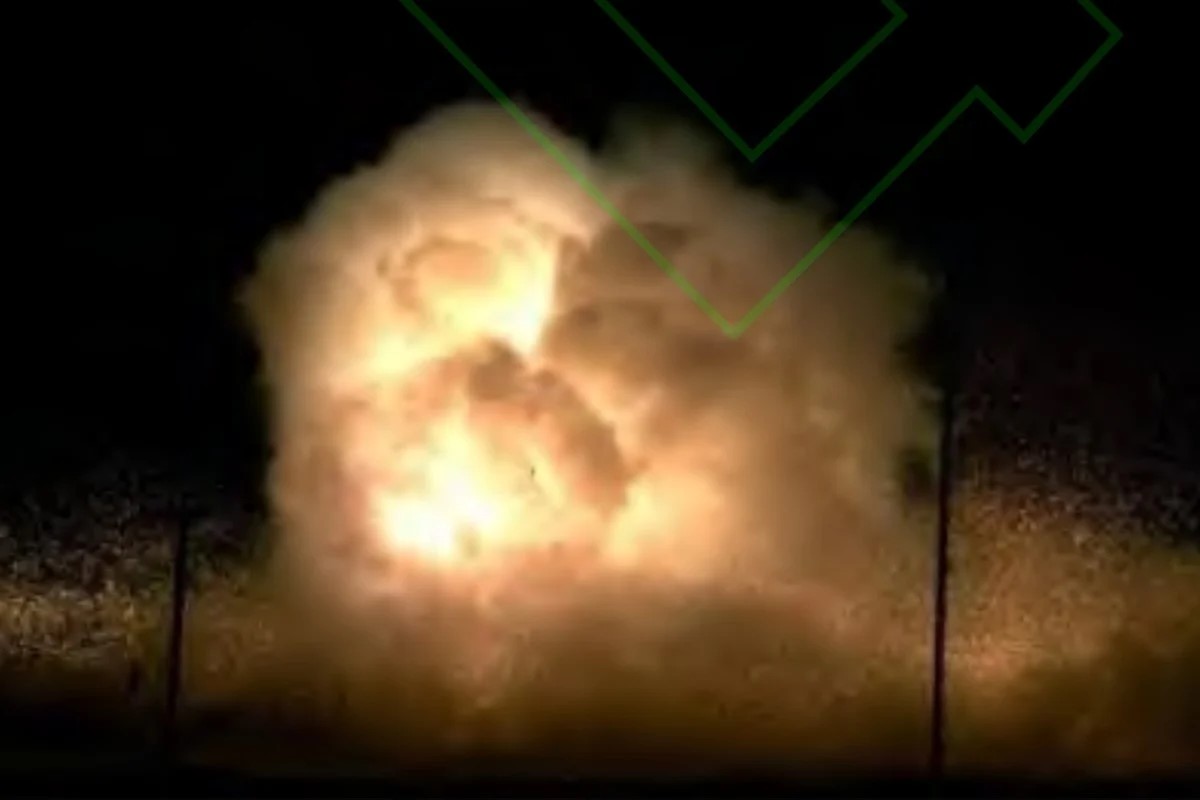PICTURED: The meeting of the JCPOA resumes in the Grand Hotel Wien, Vienna, April 6, 2021. Photo credit: Reuters. Fair Use.
TEHRAN, Iran. May 20th, 2021. Background to the latest Israeli attacks against the Palestinians in occupied Gaza and East Jerusalem was the fourth installment of negotiations in Vienna between the parties to the 2015 Iran Nuclear Deal, known as the JCPOA.
Iran’s lame-duck President, Hassan Rouhani, a moderate who worked with the Obama Administration to create the deal, clearly thought the fifth round went his way, announcing on Thursday that the U.S. had agreed to lift major economic sanctions on the country’s oil, banking and shipping sectors; a principle concession that Iran has maintained must be met in order for negotiations to continue.
It wasn’t long after that Tehran-based Press TV reported that an unnamed Iranian official countered the triumphant narrative, saying that not only has Washington not agreed to lift sanctions, they haven’t agreed to enter into a 6-month process confirming their lifting, or even to offer guarantees they won’t be re-imposed in the future; hardly the victory lap Rouhani thought it was.
Somewhere between Rouhani and the nameless official is Dep. Foreign Minister Seyed Abbas Araghchi. Araghchi, overseeing the Vienna talks, said that “there are some key issues that need to be resolved and there is agreement on the rest; the texts have been well written and so now is the time to go back to the capitals and have the final consultations and then continue the negotiations”.
Araghchi met with various combinations of the treaty’s members, as well as the JCPOA Joint Commission twice.
Narratives are important in this story. June 18th will see Iranians visiting the polls to elect a new president, and after years of American aggression, the moderates needed a big win in Vienna. Right wing anti-American sentiment has climbed since former-President Trump unilaterally withdrew from the JCPOA and re-imposed crippling economic war measures known as sanctions.
The reality that Rouhani’s government hasn’t been able to hold the White House to the deal they made, negotiating with a U.S. President who helped make it, is a poor showing for anyone left in Tehran’s power circles who feel Washington can ever be trusted again.
PICTURED: Iranian lame-duck president Hassan Rouhani, a major orchestrator of the JCPOA, against the will of his hardline ideological opposition.
At an impasse
Recently, Tehran has used her civilian nuclear power facilities to enrich uranium up to 63%, much higher than those allowed under the JCPOA, but still about 30% short of weapons grade uranium. This has been the steady warning out of Tehran while the White House has carried on with their “maximum pressure” campaign against the Iranian public and private economy.
Incremental increases in uranium enrichment were promised and completed, each time with the stipulation that if Washington were to remove sanctions, they would return to levels outlined in the agreement.
A recent video call between the two governments facilitated through the UN had both sides reiterating their position. Tehran saying that Washington must lift all sanctions before uranium enrichment is scaled back, Washington saying all uranium must be disposed of before sanctions are lifted. The problem for the Iranian Parliament and voters’ sentiment is that the latter condition was already tried: in 2015 when the original deal was signed.
Tehran Times reported that 200 out of the Parliament’s 290 lawmakers renewed Tehran’s demand for a “real removal of all the sanctions and a rigorous verification of this [process].” Press TV called it “the essential condition for Iran’s commitment to its nuclear obligations”.
“The U.S. should be completely, verifiably, and irreversibly disarmed of the sanctions weapon,” they said. “If the sanctions are not removed 100 percent, it is as if none of them has been lifted”.
The most curious part of the impasse Washington finds itself in is that Biden not only ran on returning to the JCPOA, but many in his cabinet, rather than being administration tagalongs, were directly involved in its inception. Current National Security Advisor Jake Sullivan pursued secret negotiations with Iran during the Obama Administration years when he was Hillary Clinton’s staffer.
Senior Research Associate at the National Iranian American Council Sina Toosi, details for Responsible Statecraft how right wing hardliners in both nations use each other’s rhetoric to legitimize their position.
“The ongoing negotiations that began in April in Vienna to restore the 2015 nuclear deal showcase the degree of common interests between hardliners on both sides,” he wrote. “The anti-diplomacy efforts of right-wing forces in the United States are playing right into the hands of Iran’s most zealous elements, who require anti-Americanism as a legitimizing force. Hardline opponents of the moderate Rouhani administration in Iran are themselves currently in a fury to stop the Vienna talks and the nuclear deal’s revival”.
Unfortunately for moderates on both sides, a recent technical agreement between the International Atomic Energy Agency and Iran’s UN delegation suggests that there will be no revival until after the presidency, when another Ahmadinejad could very well be calling the shots.



